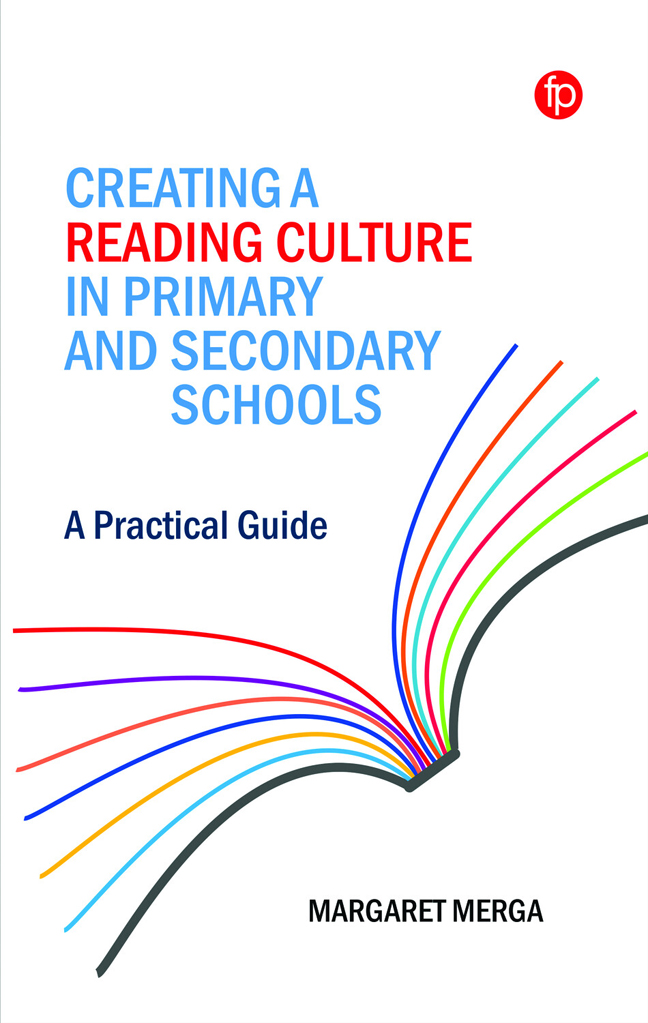Book contents
- Frontmatter
- Contents
- Figures and Tables
- About the Author
- Acknowledgements
- Abbreviations
- Introduction
- 1 Why a Whole School Reading Culture?
- 2 Research-Supported Practices to Choose From
- 3 Stakeholder Engagement and Resourcing
- 4 Implementation Planning and Change Management
- 5 Evaluation
- 6 Reporting
- Conclusions
- References
- Index
- Frontmatter
- Contents
- Figures and Tables
- About the Author
- Acknowledgements
- Abbreviations
- Introduction
- 1 Why a Whole School Reading Culture?
- 2 Research-Supported Practices to Choose From
- 3 Stakeholder Engagement and Resourcing
- 4 Implementation Planning and Change Management
- 5 Evaluation
- 6 Reporting
- Conclusions
- References
- Index
Summary
Reporting can be a very satisfying opportunity to reflect on and showcase what you have achieved as a school.
You put in the time and effort to implement a whole school reading culture, and the school's achievements should be celebrated. You will need to ensure that your stakeholders remain abreast of what you have achieved, so you will be reporting to diverse audiences. To this end, this chapter is primarily concerned with determining avenues and audiences for reporting for impact across the project, with the argument for the importance of early stakeholder communication already articulated in Chapter 3. I will not be going into detail on internal reporting, because every educator has some knowledge of reporting to the ‘usual’ parties (e.g. school leadership). I’m sure you will establish and maintain reporting to these stakeholders without needing any guidance from me.
Instead, I focus on external reporting, and encourage you to consider how you might expand the scope of your reporting so that what you achieved, and how you achieved it, can contribute to the body of knowledge related to creating a whole school reading culture beyond your immediate school community. I know that this may push some of you outside your comfort zones, but it is definitely worth considering, for the reasons I will delve into in-depth herein.
Ethical reporting
Before we look at different mechanisms for reporting, we need to place the need for ethical reporting front and centre. We need to ensure that our reporting does no harm, particularly given that research conducted in schools, by schools, does not typically collect student consent for participation.
The first priority in reporting is to adhere to ethical standards. We can do this by considering the following.
Remove identifying information before reporting
Where students have contributed their thoughts, experiences and views, we have an obligation to protect this contribution from being associated with them, particularly when accessible by external parties, and where there could be foreseeable negative consequences for these participants. Research suggests that ‘children and adolescents are most willing to participate in research when they feel safe’ (Crane & Broome, 2017, p. 205), and removing identifying information before reporting is one way that protection from exposure to external scrutiny for individual participants can be managed. This may involve using pseudonyms or ‘blinding’ the work by adding (student's name) in parentheses. Pseudonyms are definitely preferred for readability.
- Type
- Chapter
- Information
- Creating a Reading Culture in Primary and Secondary SchoolsA Practical Guide, pp. 167 - 178Publisher: FacetPrint publication year: 2023



